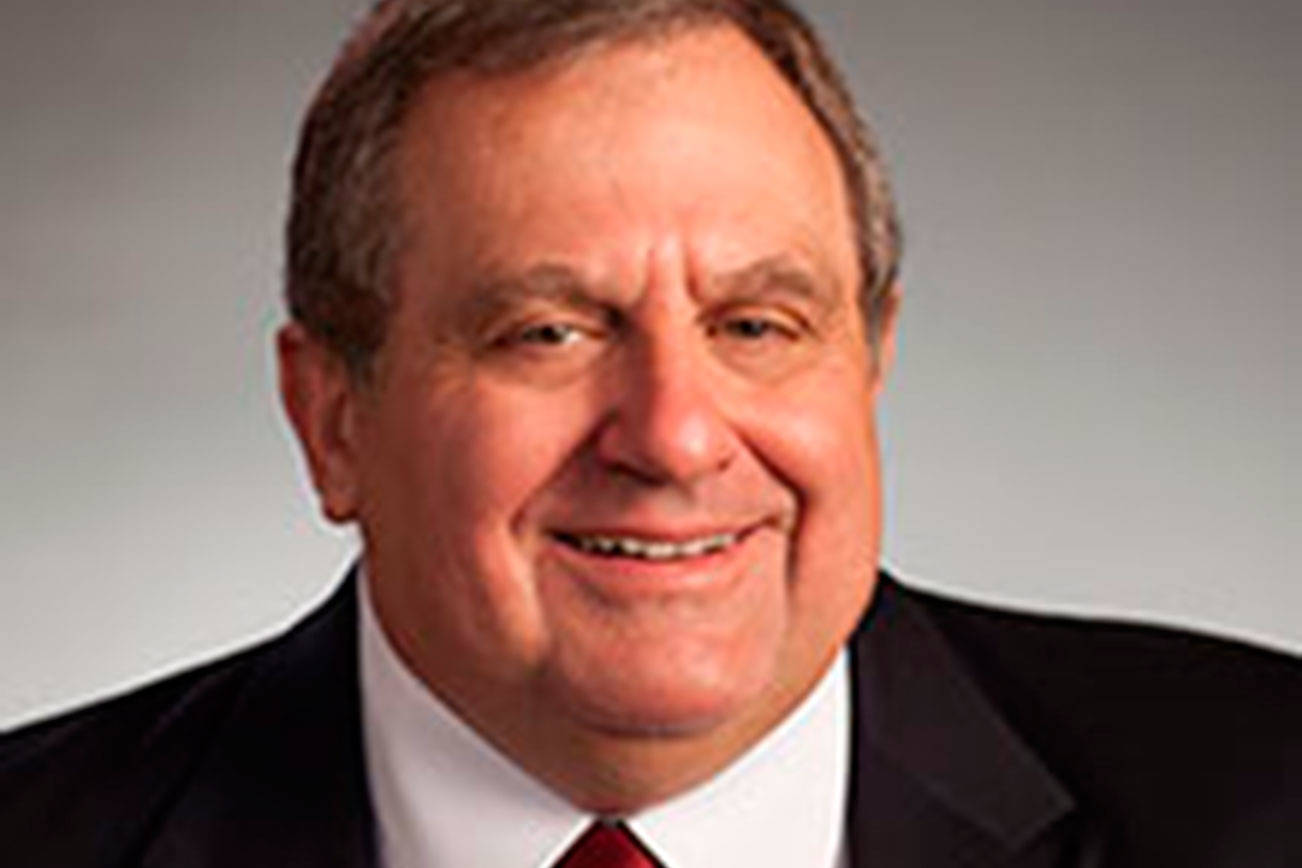In the coming decade, European Union leaders are investing heavily in hydrogen fuel research, believing it is a key to eliminating CO2 discharges from vehicles.
One new technology is called pyrolysis. It is hoped the technology will allow Europeans to pipe hydrogen much like natural gas now travels long distances across country and under water.
Hydrogen created by pyrolysis is an adaptation of an industrial process developed over the years. It was designed to remove CO2 from the process creating charred wood and organic matter.
Currently, 95 percent of all hydrogen used in commercial vehicles comes from methane production where CO2 is released into the atmosphere. Greenhouse gas-free hydrogen can be produced by electrolysis using electricity from wind and solar farms, nuclear plants and hydroelectric powerhouses.
According to the U.S. Energy Information Administration, the transportation sector has dominated the growth in U.S. carbon dioxide emissions since 1990, accounting for 69 percent of the total increase.
President Joe Biden is actively looking for alternatives to natural gas, gasoline and diesel. Replacing gasoline with batteries in autos and trucks is on top of his agenda. Here’s hoping he will include hydrogen.
European leaders are banking on hydrogen fuel technologies to lead the way. A big chunk of the European Union’s $13.3 billion climate initiative centers on hydrogen.
For truckers, hydrogen offers an effective alternative to batteries. Drivers “fuel up” faster and supporting equipment installed in trucks is lighter and more compact. It can also be stored indefinitely with zero energy loss.
Other key drawbacks of battery electric vehicles have been driving range, lengthy charging times and recycling of spent batteries, many of which end up in landfills. Hydrogen fuel cell vehicles, on the other hand, can cover similar distances while dramatically saving total trip times.
Developing hydrogen into a commercially viable fuel takes money — lots of it.
The Hydrogen Council, whose 60-members represent total revenues of nearly $2.9 trillion and close to 4.2 million jobs, joined forces with European Investment Bank to finance hydrogen projects. The council believes those projects will require $20 billion to $25 billion in annual investments during the next decade.
Many automakers are investing heavily in hydrogen. Hyundai, the South Korean auto giant, already is devoting $6.3 billion to fuel cell technology and plans to ramp up production from 3,000 units per year to 40,000 units by 2022.
Washington-based truck manufacturer Kenworth is developing 10 zero-emissions Kenworth T680s powered by Toyota hydrogen fuel cell electric powertrains. Toyota and Kenworth unveiled the jointly developed fuel cell electric heavy-duty truck, the result of a collaboration with the California Air Resources Board and the Port of Los Angeles. The trucks were developed for use at the Port of Los Angeles, throughout the Southern California and Central Coast areas, and in Merced County.
One of the benefits of hydrogen fuel cell vehicles “is that hydrogen uses a fueling infrastructure that’s similar to conventional trucks. This means that FCEVs could be refueled at existing truck stops across the country and the fueling experience would be similar. A truck can be filled with hydrogen in less than 15 minutes,” wrote Patrick Molloy at Rocky Mountain Institute, Denver.
Nikola Motors, a U.S. maker of hydrogen trucks, claims its vehicles can get 12 to 15 miles per gallon (mpg), well above the average 6.4 mpg for a diesel truck. Two years ago, Nikola Motors, based in Phoenix, announced it launched a roadmap for 700 fueling stations across our country.
Now that hydrogen technology is growing in acceptance, here’s hoping there will be greater attention to accelerating research and development, scaling up production, and finding ways to reduce costs.
That’s welcome news.
–
Don C. Brunell is a business analyst, writer and columnist. He retired as president of the Association of Washington Business, the state’s oldest and largest business organization, and now lives in Vancouver. He can be contacted at thebrunells@msn.com.
Talk to us
Please share your story tips by emailing editor@kentreporter.com.
To share your opinion for publication, submit a letter through our website https://www.kentreporter.com/submit-letter/. Include your name, address and daytime phone number. (We’ll only publish your name and hometown.) Please keep letters to 300 words or less.

